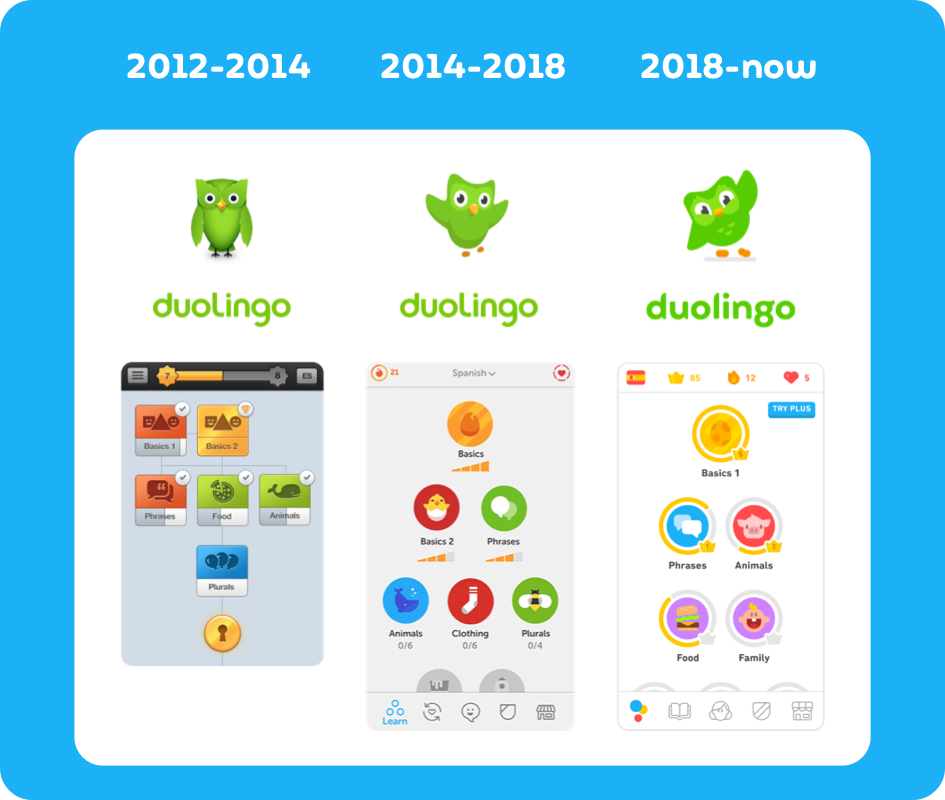
In your Duolingo lessons, remember to turn on "Speaking exercises," from the settings under your profile. Whenever you can, keep that mic turned on! Duolingo’s speaking exercises allow you to practice pronunciation and putting words into phrases.It’s a great way to get your brain and tongue warmed up so you can soon be speaking your own ideas. Do you know the easiest way to start speaking? Repeat, repeat, repeat! With every sentence you hear or read on the app, make it a habit to speak it out loud.
So be sure to level up to level 5 to get all the practice you need with speaking and pronunciation! And there's even more speaking awaiting you in some of our newest features. Duolingo's all-star lineupĭuolingo lessons start with just a little bit of speaking until you've strengthened your receptive skills of reading and listening, and as you get to higher levels, you'll get more and more speaking exercises. In this post we dive into how we teach speaking at Duolingo, what the science says about how speaking works, and the best ways for learners to practice it.
Duolingo app switch language how to#
And there’s usually so much going on that you'll want more than a memorized verb chart! Learning to speak a language also means knowing when and how to take turns (and interrupt), what words tend to be used together, and what gestures mean in the language you’re learning. Unlike reading and writing, which usually give you a bit more time to think, speaking happens fast. You’ll surprise yourself by how strong you get when you practice! But don’t let that stop your training-even rookies just starting out can benefit a ton from practicing speaking.

Expressing yourself in a new language feels great! But because our identities are so tied to language, it can be nerve-wracking to step up to the plate and take a swing at speaking. Speaking is what many learners consider the home run of their language learning goals.

Each week, we'll focus on a different skill to understand how it works, the best way to learn it, and how you can practice it! This week our focus is on speaking. This is the last of four posts about the most important skills for a language learner: reading, listening, writing, and speaking.


 0 kommentar(er)
0 kommentar(er)
